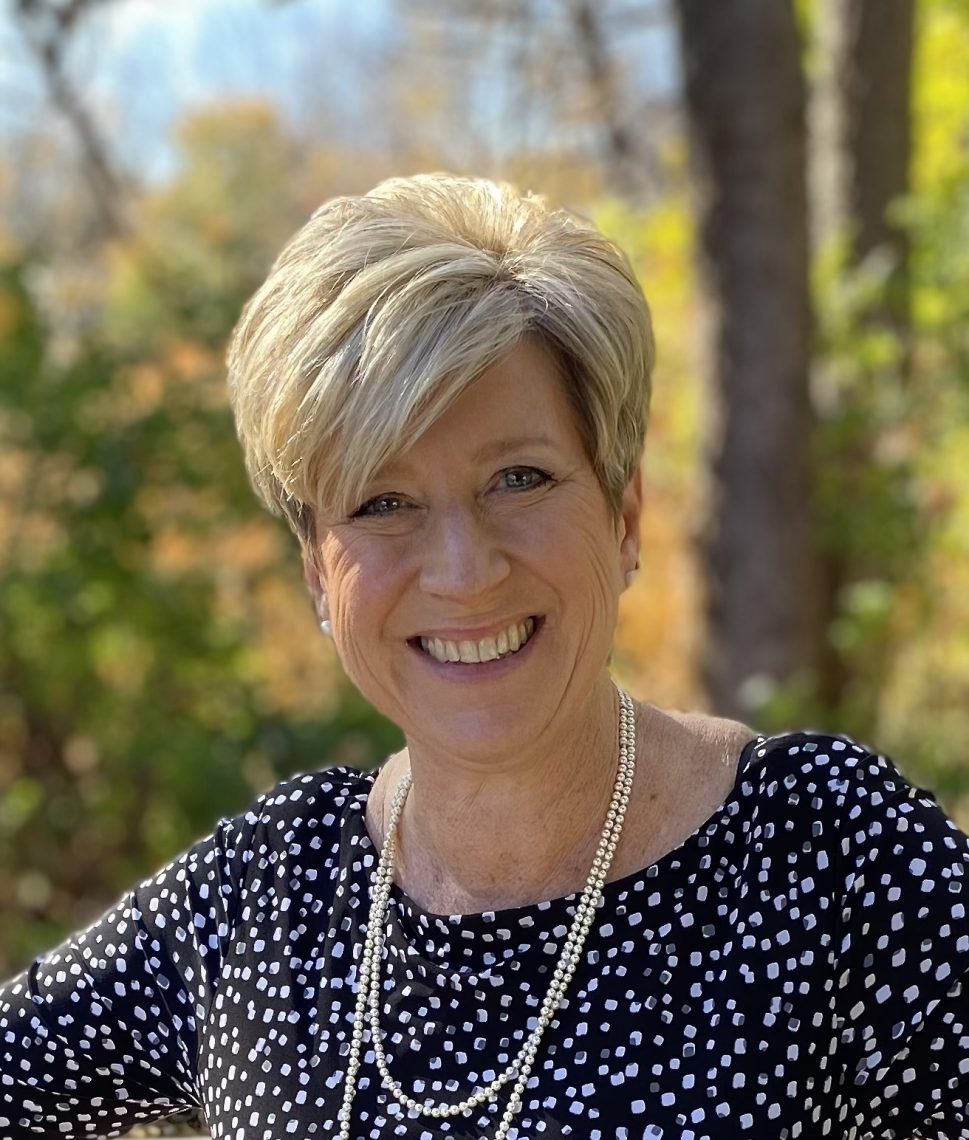
Current Position: Educator Excellence, Recruitment & Retention Coordinator, Office of Higher Education & Educator Support Services, Maine Department of Education
Dissertation Title: The Influence of Social-Emotional Learning in High School Advisory Programs on Student Engagement and Success
Dissertation Abstract : Social-emotional learning (SEL) can help decrease negative outcomes and improve positive outcomes for high school youth, and student advisory time can be one effective mechanism in which to do so, especially for females and students of lower socioeconomic status (SES).
This study explored the ways in which SEL is included in high school advisories and how this in turn influences teacher-student (T-S) relationships, student engagement, and student perceptions of academic achievement, as well as associations with SES and gender. Data were also gathered to learn more about the functioning of advisory in the remote environment. The study utilized a convergent parallel mixed methods approach combining qualitative case study design and a quantitative survey to examine one high school in the northeast U.S. Pearson product moment correlation coefficients were calculated.
Results revealed SEL in advisory had a positive influence upon T-S relationships, student engagement, and perceptions of academic achievement, as well as the overall value of advisory. Positive influences were stronger for females and significantly stronger for students at lower SES. Clear patterns were found that as SES levels increased, associations weakened, suggesting that advisory can be one effective mechanism in which to include SEL, especially for students with lower SES. Strong qualitative evidence suggests that the advisory experience is advisor-dependent, and that the current model for remote advisory struggles to create T-S relationships and student engagement.
Findings suggest a need for increased focus on SEL at the high school level and strategies/action steps for how to best achieve this. Additional research in broader populations to explore effective SEL practices for both genders and at all levels of SES is recommended. This study has identified steps practitioners can put into place immediately to increase the effectiveness of delivering SEL through advisory.

